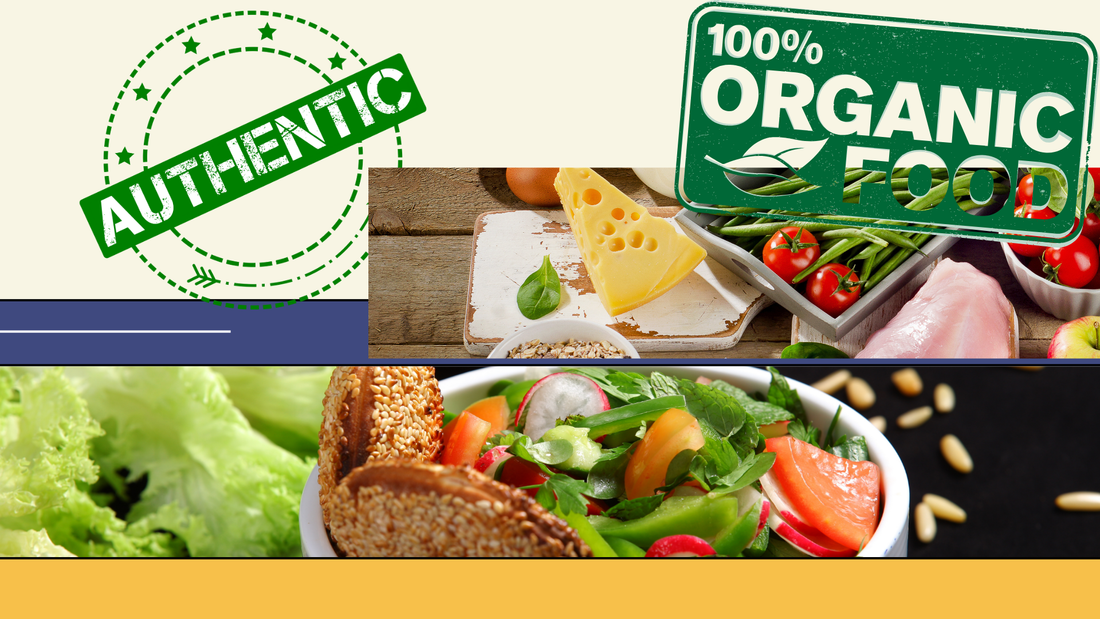In a world filled with processed foods and uncertain farming practices, organic foods stand out as a beacon of hope. With so many labels and certifications, navigating the organic aisle can be confusing. But the good news is that identifying organic products is relatively simple once you know what to look for.
Look for Certified Organic Labels
One of the easiest ways to ensure you’re buying organic foods is to check for proper certifications. Foods labeled as organic must meet strict industry standards, often certified by organizations like Quality Assurance International (QAI) or the USDA. When shopping, look for the “USDA Organic” label or similar certifications. These labels guarantee that the food meets the guidelines for being considered fully organic.
Shop at Specialty Stores
Choosing where you shop can make a big difference. If you have access to specialty organic or natural food stores, they’re often your best bet. These stores focus on organic products and are usually more transparent about the sourcing of their items. Locally owned stores, in particular, often provide a personal touch, and staff are usually knowledgeable about their products. If you have questions or concerns, don’t hesitate to ask a store manager.
Be Cautious When Shopping Online
The internet is a convenient place to shop for organic foods, but it requires some caution. Avoid general online grocery stores that sell a mix of organic and non-organic foods, as it can be harder to verify the authenticity of their organic claims. Instead, consider buying from dedicated online organic food stores or directly from organic product manufacturers. Many brands, such as Earth’s Best Organic, have online shops that exclusively sell certified organic items. A quick internet search can help you find these trustworthy sources.
Explore Local Supermarkets
If specialty organic stores aren’t an option and you prefer not to shop online, your local supermarket is another option. Many grocery stores now carry organic products, although the selection might be limited. Look for a designated organic section to simplify your search. However, be mindful of misplaced items—non-organic products sometimes end up in the organic section by accident. Always double-check labels to confirm authenticity.
Beware of Misleading Claims
Not all products labeled as “organic” are fully organic. Some foods may contain only a small percentage of organic ingredients but still use the term in their marketing. To ensure you’re getting 100% organic foods, read labels carefully. Look for phrases like “100% organic” or the USDA Organic seal rather than claims like “made with organic ingredients,” which may not meet the same standards.
Takeaway
Buying truly organic foods doesn’t have to be overwhelming. By checking for certified labels, shopping at trusted stores, and staying informed, you can confidently make choices that support your commitment to healthier eating. Whether you prefer in-person shopping or the convenience of online stores, these simple strategies can help you embrace an organic lifestyle with ease. Remember, every mindful choice you make brings you closer to aligning your habits with your goals for health, sustainability, and well-being.

